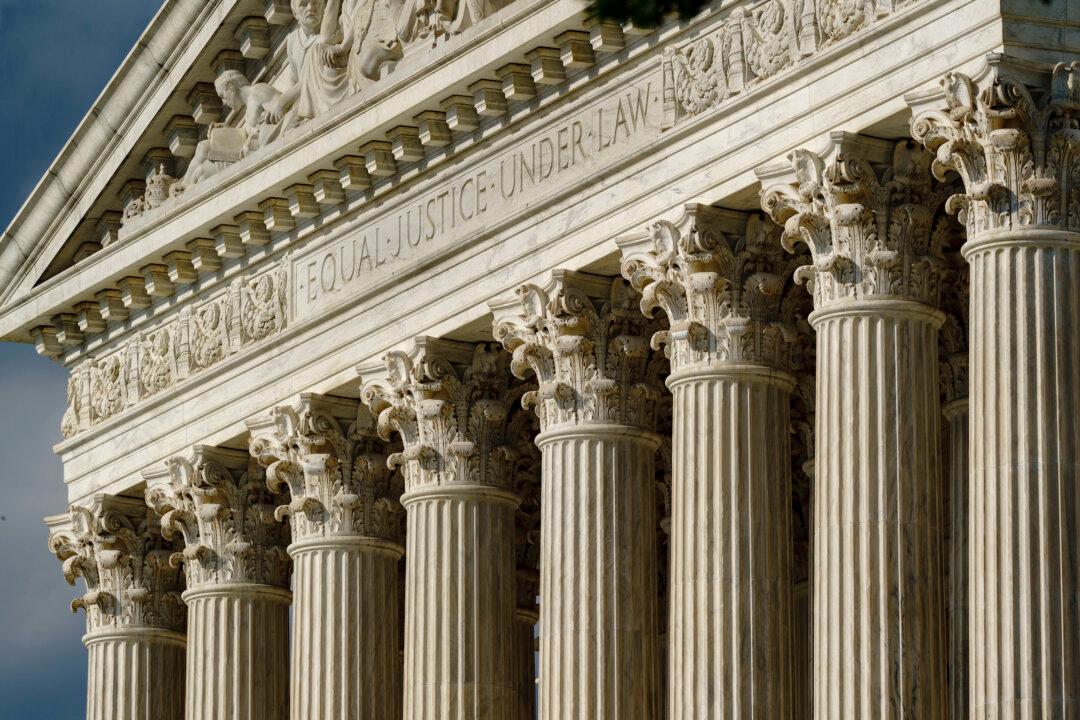The Supreme Court ruled 6-3 that previously deported illegal aliens again facing deportation who claim a fear of persecution if they are removed to their country of origin may be indefinitely detained by the government.
Over the dissent of its three Democrat-appointed justices, the high court found that those noncitizens aren’t entitled to a hearing about whether they should be released while the government processes their claims.





